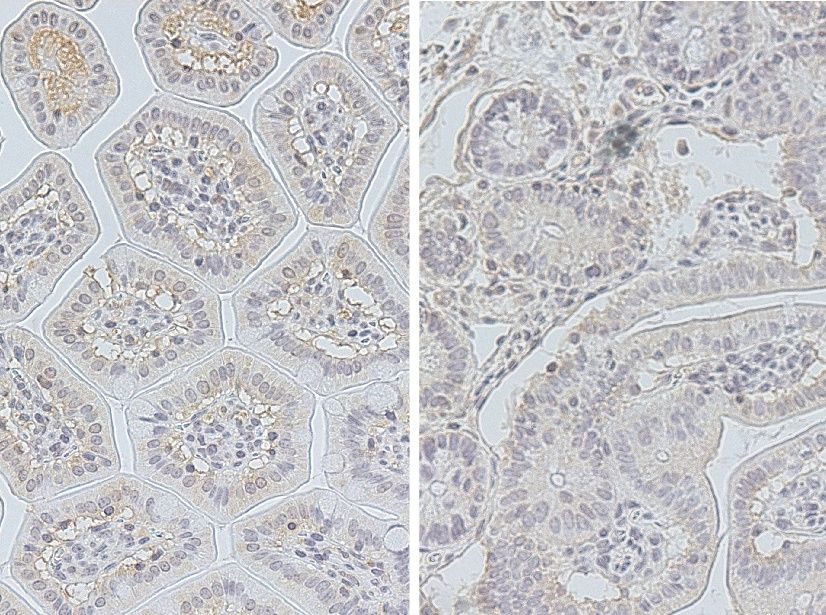Clontech Laboratories & TET Systems Announce the Broadening of Their License Agreement
Clontech Laboratories, Inc., a wholly-owned subsidiary of Takara Bio Inc., and TET Systems, a privately-held German biotech company based in Heidelberg, announced that they have signed an amendment to their existing license agreement. Under the expanded license agreement, Clontech obtains rights to develop, manufacture and commercialize novel Tet Systems products as the Tet-On® 3G™ Inducible Expression System.
The Tet-On 3G Inducible Expression System provides highly inducible, sensitive control of gene expression. It includes two novel components, the rights to which were acquired by TET in 2009: (i) an improved transcriptional activator developed by scientists at the Academic Medical Center at the University of Amsterdam (AMC) in the Netherlands, and (ii) a novel minimal Tet promoter developed at the University of Heidelberg in Germany.
Most read news
Organizations
Other news from the department business & finance

Get the life science industry in your inbox
By submitting this form you agree that LUMITOS AG will send you the newsletter(s) selected above by email. Your data will not be passed on to third parties. Your data will be stored and processed in accordance with our data protection regulations. LUMITOS may contact you by email for the purpose of advertising or market and opinion surveys. You can revoke your consent at any time without giving reasons to LUMITOS AG, Ernst-Augustin-Str. 2, 12489 Berlin, Germany or by e-mail at revoke@lumitos.com with effect for the future. In addition, each email contains a link to unsubscribe from the corresponding newsletter.
Most read news
More news from our other portals
Last viewed contents
ProteoNic and Fraunhofer IME sign Research License and start collaboration on protein expression in plants
Beckman Coulter to Acquire Diagnostic Systems Laboratories, Inc. - Company Seeks to Gain Leadership in Specialty Endocrine Testing
QIAGEN completes second U.S. submission for companion diagnostic to guide treatment decisions in colorectal cancer





















































